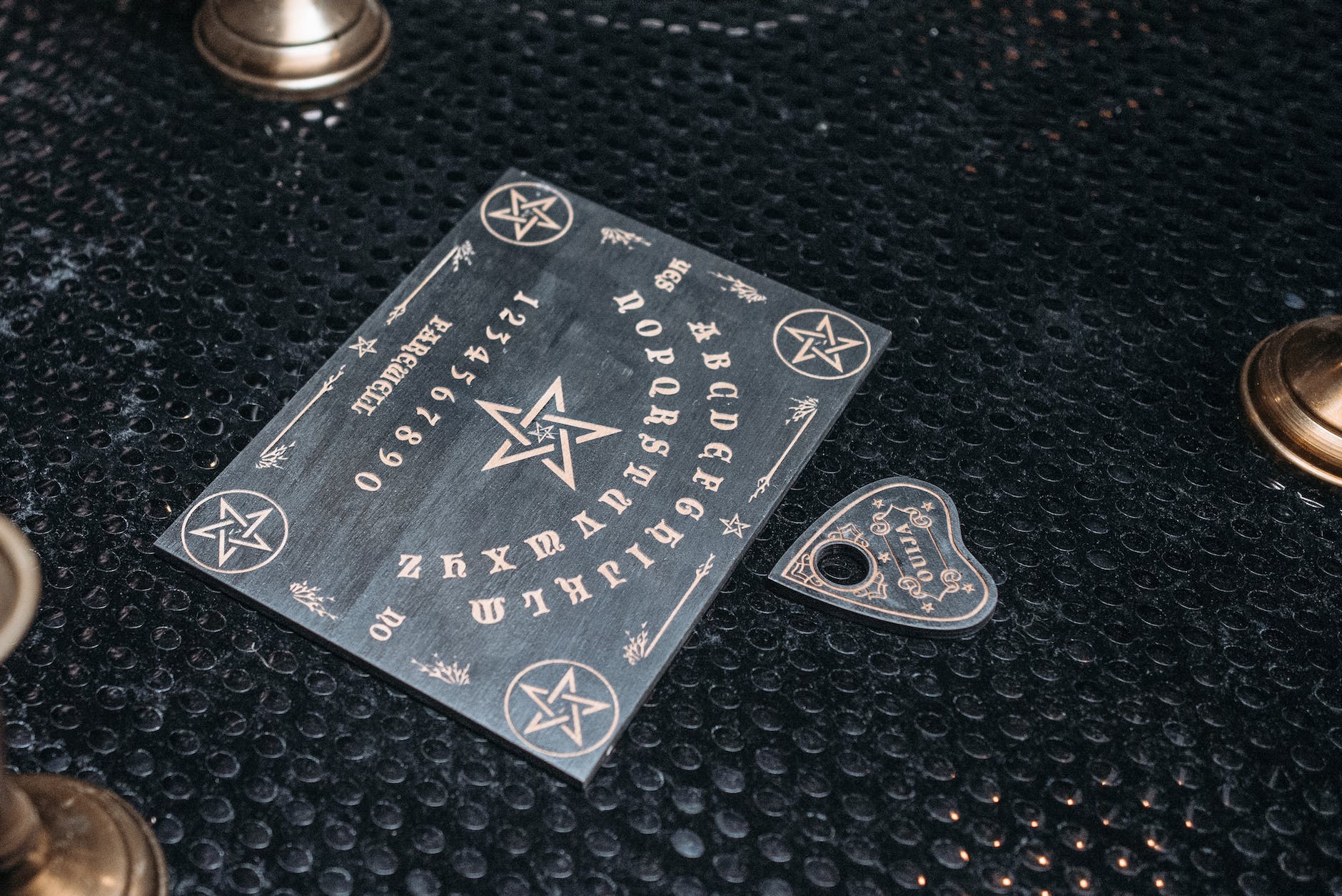Here we are, the last chapter of laws Oh, there’s still eight more chapters of blessings, curses, warnings and the death of Moses. Oops, sorry, spoilers. I have to say, the laws have been … excessive. Anyway, on to the final law.
This law is no different than the rest of the offering and tithe laws that we’ve seen. There is the matter of reminding the people that God brought them out of Egypt and is giving them a land that is already occupied and under the control of… checks notes…uh, Egypt. I did learn from a friend of mine that the offerings were consumed by the Levite priests since, as we found out in previous chapters, they receive no allocation or inheritance The other thing I notice in this section is the constant refrain throughout, leading me to believe that this is a song or poem.
Finally, we get to the section titled, “Concluding exhortation”. To sum up, God has agreed to be their God and the Israelites have agreed to be his people and follow every statute, commandment, and ordinance and he will elevate his people above all nations. I should really ask my friend what the differences are between statutes, commandments, and ordinances. I know, I can Google it, but I prefer to talk to friends.
I decided to knock out the next chapter because it’s fairly short and mostly review. It starts with Moses telling the people to set up large, plaster-covered stones when they first enter Canaan. They are to write every word of all these laws on them. That’s a lot of words to write. Then they have to build an altar and make a burnt offering to the Lord.
What I find funny here is that there is no prescribed offering. Every other time a command for an offering is made, there is an exhaustive description. This time around, bupkiss. Also, they were expected to write every word of the law on those stones from memory, unless there was somebody writing it all down.
The final section is twelve curses which is just the Levites cursing anyone who doesn’t follow eleven randomly selected laws follow by cursing anyone who doesn’t follow all the laws. They could have saved time and their voices.
OK, I thought about including Chapter 28, but it’s long. I’ll save it for the next post.






